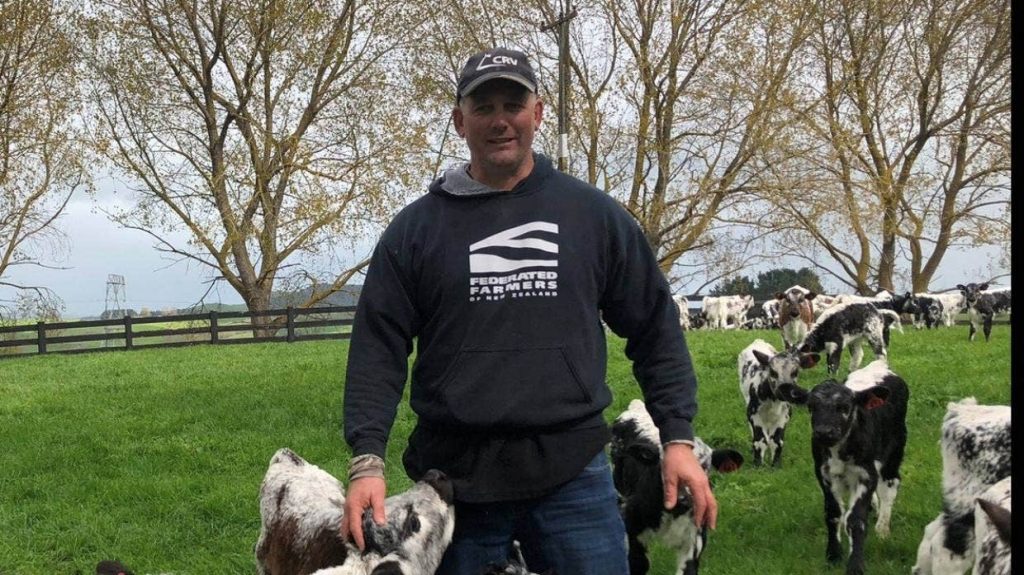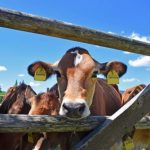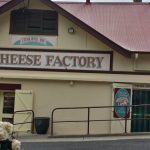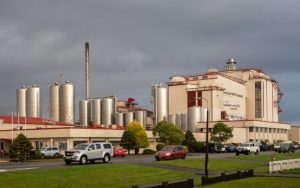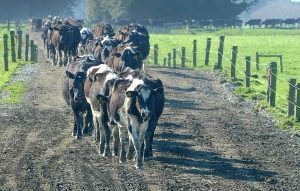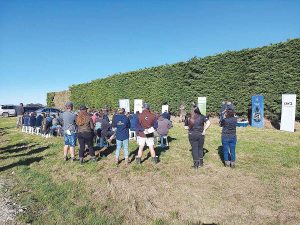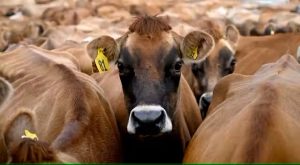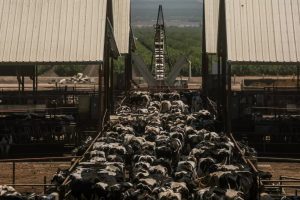
Calving had started in the Waikato and other regions would follow into early August but it could be much longer before new workers arrived from overseas.
DairyNZ had the job of assessing the applications to make sure only employers with the most critical workforce needs could use the class exception.
Federated Farmers employment spokesman Chris Lewis said the paperwork involved to apply and the checks by the Ministry of Primary Industries and Immigration New Zealand meant it could be a three-to-five month wait.
“Then you will have to book flights and find MIQ allocations and it’s been very well reported how long that could take.
“So what we are hoping for is to ask very nicely if we can jump the queue. Calving has started, the pressure is on and we need the extra staff sooner rather than later.”
Lewis realised the request would draw criticism from others.
“You would be hard-pressed to find an industry that does not need more staff, like doctors, nurses, builders, rural contractors, you could name any occupation.”
Lewis had been “back on the tools” calving at his own farm in the Waikato because the overseas backpacker workforce had disappeared.
“Normally we would have a lot of travellers from the UK, from farming families, come here to help out during calving for 12 weeks.”
New Zealand Farm Source Jobs had 1037 roles listed on its website for dairy farms around the country, as well as some from overseas.
Lewis said most of the exception class jobs were for experienced workers and those roles came with big salaries.
“But there is a big shortfall in dairy assistant roles, those with up to three years’ experience, good people who turn up every day to milk the cows.”
The 200 exception class roles comprised 150 herd managers or assistant farm managers and 50 farm assistants for regions with acute shortages.
Wage criteria for a herd manager with two-to-four years’ experience, $79,500; an assistant manager, two-to-four years’, $92,000 and a dairy assistant, $27 per hour.
It could cost $5520 for a migrant worker to stay in MIQ, $2990 for their partner and $1610 for children, maximum two.
Lewis said Kiwis made up the majority of the dairy workforce but the past year showed there needed to be more investment in skills and training at secondary schools to move more young people into agriculture.
“The system is set up for students to go to varsity but not everyone wants to go and come out with a massive student loan.
“It can be better for young people to be able to start learning and get into a job at the same time.”
DairyNZ responsible dairy general manager Jenny Cameron said she realised farmers were keen to see overseas workers on-farm urgently.
The border closure meant overseas staff could be “a couple of months” away but would be in the country for the bulk of the dairy season.
DairyNZ would continue to ask the Government to let the exception class workers have their own MIQ spaces to speed up the process.
“We are also continuing to urge the Government to fast-track residency applications for migrant workers on dairy farms who want to become New Zealanders and working on reuniting families across the border.
“Both of those processes are very important to retain our hard-working foreign farm staff in New Zealand.”
